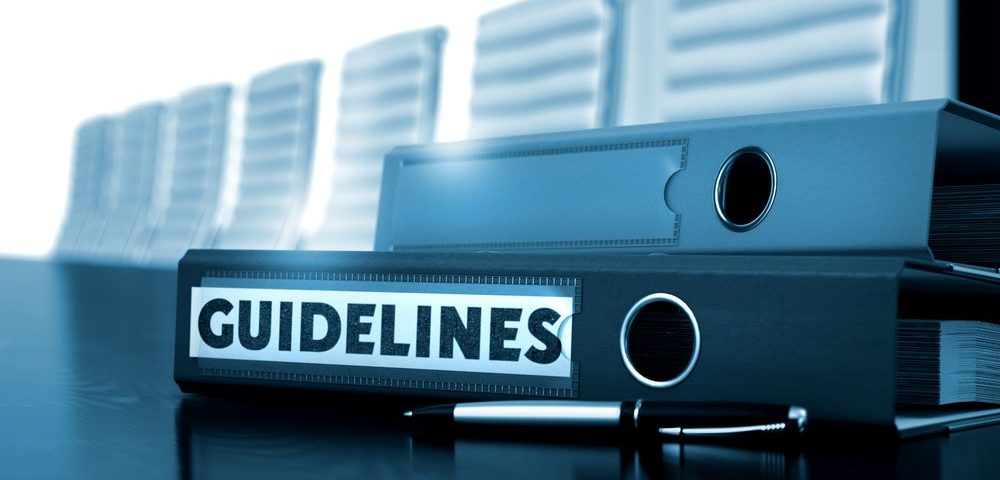National MS Society Urges DMT Dosing Changes for COVID-19 Vaccinations
Written by |

To potentially increase the effectiveness of COVID-19 vaccines in people with multiple sclerosis (MS), the National Multiple Sclerosis Society is recommending dosing adaptations for some disease-modifying therapies (DMTs).
Based on expert consensus and available data, the guidance is particularly relevant for MS patients considering initiating or already being treated with such DMTs as Lemtrada (alemtuzumab), Mavenclad (cladribine), Ocrevus (ocrelizumab), off-label rituximab, or Kesimpta (ofatumumab).
The two currently distributed COVID-19 vaccines in the U.S. — the Pfizer-BioNTech and the Moderna vaccines — each require two doses and are mRNA-based.
This means that they work by delivering messenger RNA (mRNA) — the molecule generated from DNA that serves as a template for protein production — to cells rather than weakened viruses or protein fragments of the virus.
After entering the cells, the mRNA, which contains the instructions to produce a virus-specific protein, is used by the cell to produce that protein. The protein then is “shown” to immune cells to induce an immune response. It also creates a memory of that virus so that, if there is exposure, the body is able to promote a prompt immune reaction against it. Of note, the delivered mRNA does not integrate with the person’s DNA.
Based on their mechanism of action, these vaccines are expected to be safe in people with MS, regardless of the use of DMTs, according to the National MS Society.
All MS patients should be vaccinated against COVID-19, the society stated in its COVID-19 vaccination guidelines, released early this year.
Most DMTs are not expected to affect patients’ responses to these two vaccines. However, some may reduce the individual vaccine’s effectiveness due to their particular immunosuppressive effects. As such, coordinating the timing of vaccine administration with the dosing timing of these DMTs may provide the best vaccine response.
Patients are advised to discuss with their healthcare provider the best timing for receiving the vaccine, taking into account their risk of COVID-19 infection. Such risks are based on simultaneous health conditions, occupation, and current MS state, among other factors.
Notably, if a patient’s risk of MS worsening outweighs his or her risk of getting infected with COVID-19, the DMT schedule should not be altered and the vaccine should be administered whenever available.
However, individuals with stable disease are advised to coordinate the administration of some DMTs to increase the effectiveness of the vaccine.
Those about to initiate treatment with Gilenya (fingolimod), Mayzent (siponimod), Zeposia (ozanimod), Lemtrada, Mavenclad, Ocrevus, rituximab, or Kesimpta, should consider getting the vaccine so that the second dose is administered four weeks or more prior to starting any of these DMTs.
If patients are already being treated with Gilenya, Mayzent, or Zeposia, they should continue taking the therapy as prescribed and get vaccinated as soon as the vaccine is available.
For the other DMTs listed above, the general recommendation is to start vaccination 12 weeks (about three months) or more after the last DMT dose, and, when possible, to resume the DMT four weeks or more after the second vaccine injection. For Lemtrada and Mavenclad, the society noted that the optimal timing of vaccine administration would be 24 weeks (about six months) or more after the last dose.
In addition, those individuals on high-dose steroids are advised to receive the first dose of the vaccine between three and five days after the last dose of steroids.
Still, overall, the National MS Society emphasized that, given the potential serious health complications of COVID-19 infection, getting a vaccination as soon as possible may be more important than optimally coordinating its administration with DMT dosing.
Regarding other DMTs, their administration should not be delayed due to vaccine administration, nor should their dosing schedule be altered if already being taken by the patient, the society noted.


